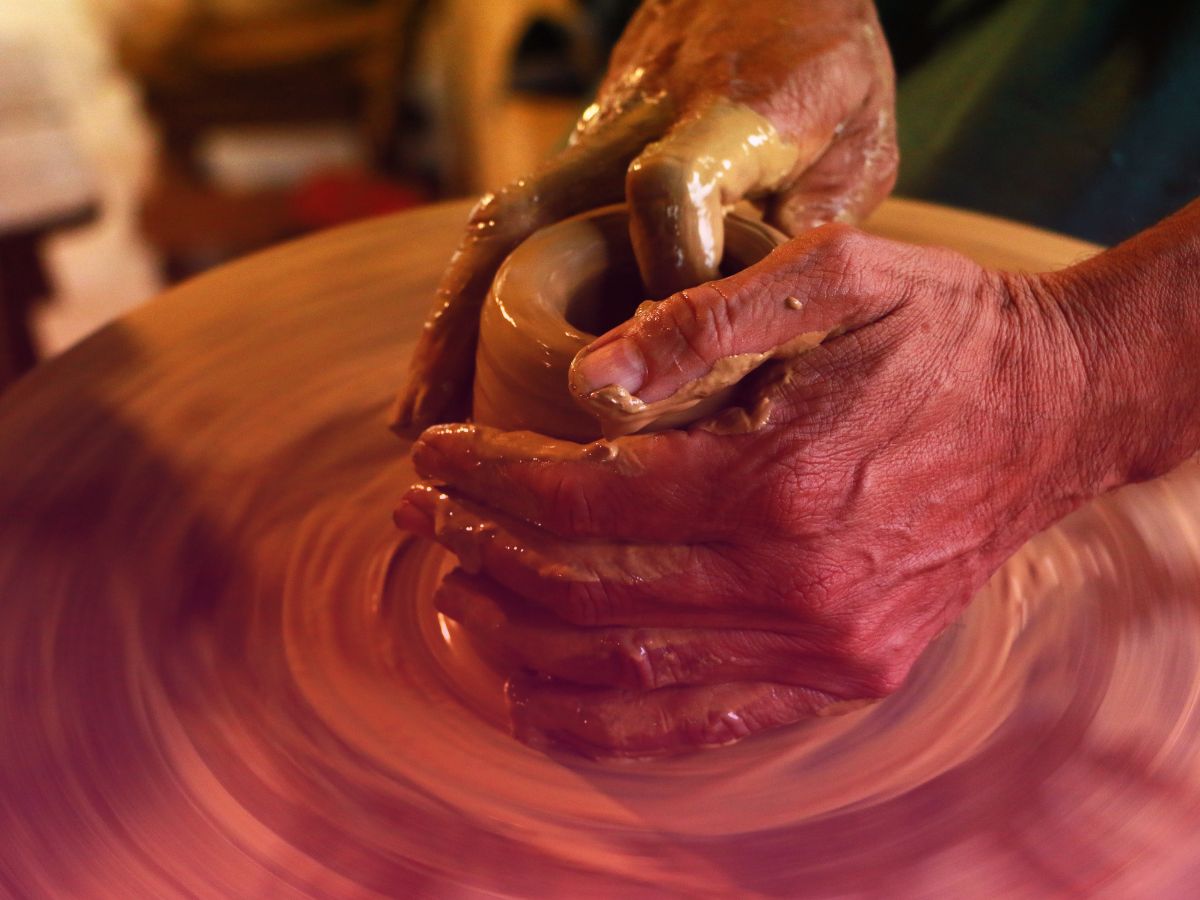
My kids are part of the trophy generation, where teachers and parents, armed with good intentions, showered kids with affirmations, accolades, prizes and yes, trophies. Thinking that this would boost self-esteem, it was going to be the panacea in mental health. High self-esteem equals less anxiety and depression, right? Hmmm, something doesn’t add up as we are seeing increased rates of teen anxiety, depression and suicide. (Photo credit: Georgio Trovato)
The self-esteem movement combined with our American culture promotes a way of feeling good about ourselves through achievement, feeling special or at least above average. Think of getting a report card when they tried to do away with letter grades and gave kids a Satisfactory or meeting expectations. There was an outcry – surely my child is above average!! We are used to scale ratings, grades from A – F. We learn from a very early age this is how we determine our value so we feel very disoriented when we don’t have that rating scale. Children absorb the message: perform, get a perfect ACT, be on the most competitive sports team, and if you are in the arts, then get the lead, the first violin chair, and on and on. Getting into the “best” college has become such a source of stress for high school students, many are turning to alcohol and marijuana to cope. When do we, children and adults have room to just be?
Self-esteem researchers call this the Lake Wobegon effect, “where all men are good looking and women are strong and children are above average”. This need for self-esteem leads to blind spots depending on the culturally valued trait. These blind spots then lead to suppressed traits called the “shadow” by Carl Jung. When researchers asked Americans to rate themselves on their driving skills, they found 98% drivers think they are better than average. That can’t be true!
In Japan, most people think they are more humble than average. We subtly find ways to be blind about who we are and not see others completely for who they are. Our culture is currently facing a narcissism epidemic; researchers have been tracking this for 25 years, and levels are now at the highest ever recorded. The Me Generation are kids told they were #1 and special so they formed self-images based on being better than everyone else. This leads to social comparison, which naturally leads to judgment and meanness; who is prettiest, smartest, etc.
When my daughter was in middle school, girls actually rated other girls as they walked down the hallway. Popular girls are popular because they manage to control the rating system. Social media has become the ultimate tool in comparison with studiesshowing increased feeling of anxiety and depression correlating with time on social media. Bullying and prejudice both have deep roots in the need to feel better. I am better or my tribe (race, religion, political party) is better than yours. The ego then needs constant feeding and bolstering in order to survive. We feel deep down as if our very existence depends on self-esteem. Deflecting blame or responsibility is part of the protective bubble of high self-esteem.
Coupled with all of this is the feeling of disconnect and feeling separate. With all the competing and comparing we are doing, it is no wonder we feel isolated even when using the internet leads us to believe we are more connected than ever.
So, what to do about this? Teach yourself and your children self-compassion. Self-compassion is extending compassion to one’s self in instances of perceived inadequacy, failure, or general suffering. Expert Kristin Neff, PhD has defined self-compassion as being composed of three main components – self-kindness, common humanity, and mindfulness. It is a healthy, non-judgmental way to feel good about yourself with no need for you to be anything other than just how you are.
Please read Part 1 and Part 2 for more information. Self-compassion is love based, not ego based. We are all imperfect human beings who have the ability to bring unique gifts, talents, and passions to the community thus strengthening and uplifting the whole. We naturally feel more connected when we feel good enough about ourselves and there is no need to push others away. Self-compassion research shows that how kindly you relate to yourself was associated with being less angry, a stable sense of self-worth and no association with narcissism. We need to embrace the full range of human experience, the light and the dark, the supposed failures and successes, learn from it all and accept the inevitability of life living through you as you are.
A short exercise: See Yourself as You Are:
Choose traits that are valued for which you are average, above average and below average. Write them down as a list. See the full range. Can you see and sit with and allow those traits that are below average?
Can you embrace those traits that are your strengths? Are there traits that you haven’t developed because they are not the cultural norm?
Do you feel the relaxation in this? It is our common humanity that will unite us. When you open your heart to yourself, you will in kind open your heart to others. “Be the change you wish to see in the world”. As we love ourselves and children for simply being, we can change the world.
Read more of Ann Petrus Baker’s writings and learn more on her full website.



